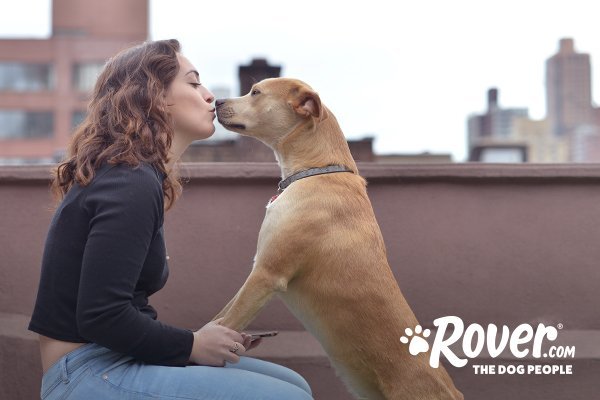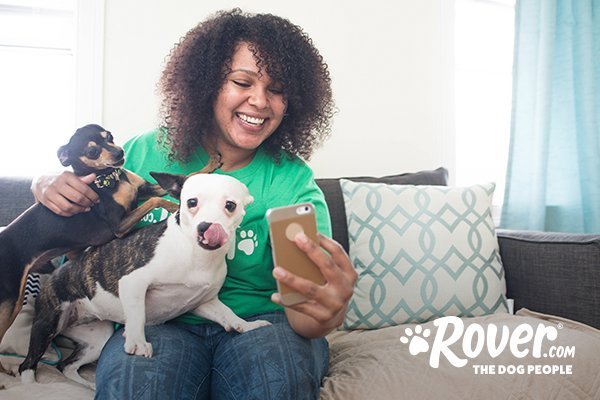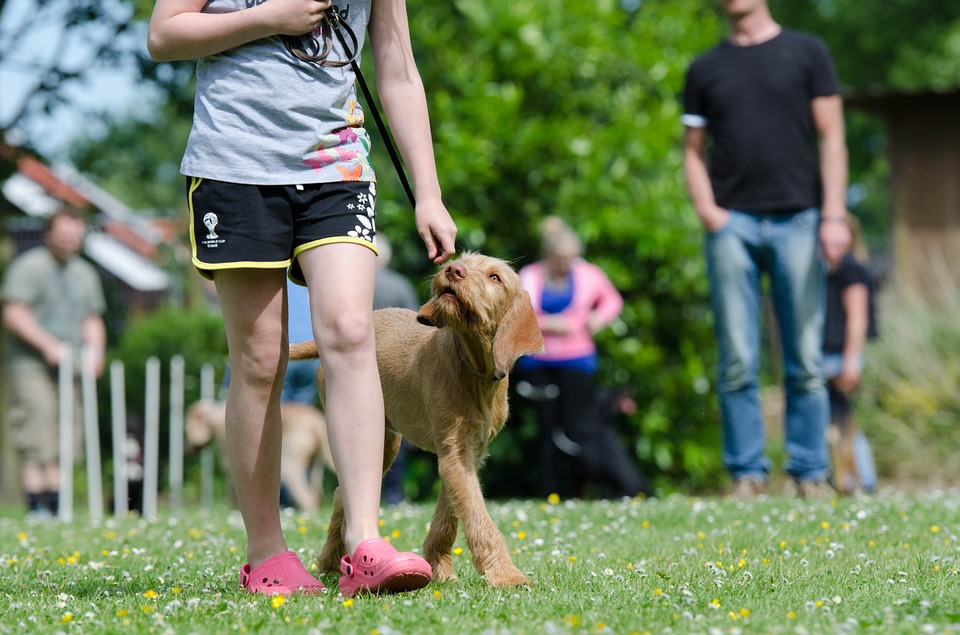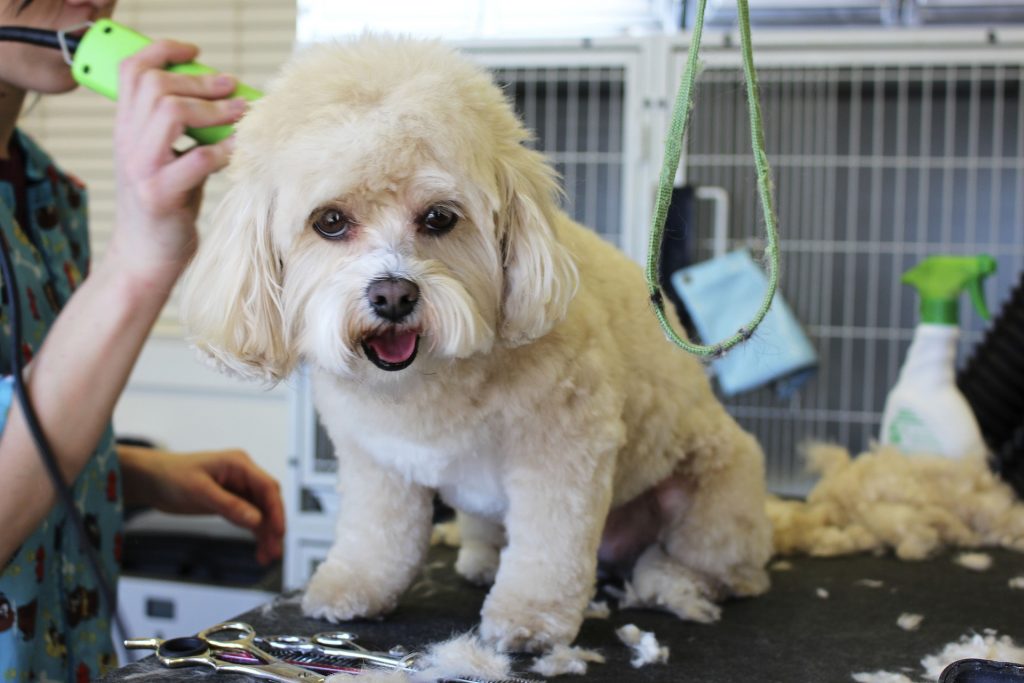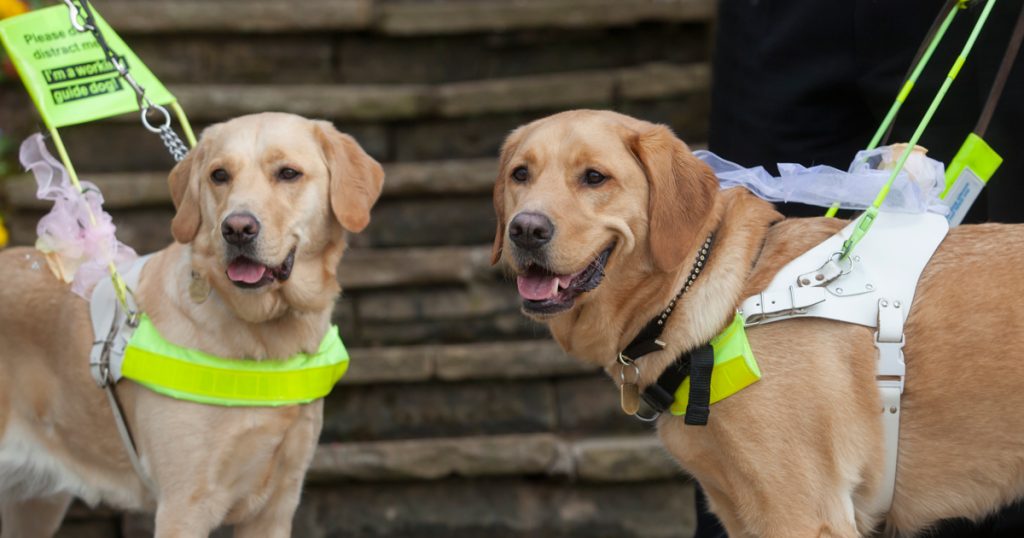As the saying goes, “do what you love and you’ll never work a day in your life.” So if you love dogs, choosing a career where you get to work with them every day may just fit the bill! If you’re looking to land your dream job, here’s a rundown of the best jobs for dog lovers in the UK.
1. Animal Welfare Inspector
Want to be on the front line in the fight against animal cruelty? You can if you become an animal welfare inspector at the Royal Society for the Prevention of Cruelty to Animals (RSPCA) in England and Wales, the Scottish Society for the Prevention of Cruelty to Animals (SSPCA) in Scotland, or the Ulster Society for the Prevention of Cruelty to Animals (USPCA) in Northern Ireland. As well as rescuing animals who’ve had accidents, or suffered neglect or cruelty, inspectors can in some cases prosecute people who have mistreated animals. If you choose this career you can truly make a difference to the well-being of dogs and other animals.
The work can be immensely rewarding but also extremely demanding and specialised. Animal welfare inspectors have to undergo 6 months of intensive training and be able to withstand psychologically demanding and emotionally disturbing situations. The ability to work well with people as well as animals in stressful situations is key. You’ll also have to have a full UK driving licence, be physically fit, and a be good swimmer.
2. Dog Sitter
We’re undoubtedly a nation of animal lovers and our dogs are members of the family. Once in a while though, our busy lives mean that we need to find additional pet care and that’s where pet sitters and dog walkers come in. Whether the dog’s parents are headed out for a day at work or a two-week holiday, someone has to care for their beloved pet.
You can decide whether you’d like to take care of dogs in your own home or in their homes for a few hours, days or weeks at a time, or you could just provide drop-in visits. Looking for something less time-consuming? Consider dog walking! It’s a fantastic way to get the dogs (and you) some exercise—plus it’s a great way to explore your local area.
Interested in becoming a dog sitter? Click here to learn how Rover.com can help! Whether you’d like to provide dog boarding for furry guests or you just want to take them for walkies, you can get paid to look after dogs.
3. Animal Behaviourist
An animal or dog behaviourist studies the way dogs behave, attempts to discover the influences that encourage certain types of behaviour, and works to assist dogs with behavioural problems. Working as a dog behaviourist often means entering homes to observe the relationship between a family and its dog to pinpoint—and correct!—trouble areas, much like a psychologist or psychiatrist would do with their patients.
You can obtain bachelor’s and master’s degrees, as well as PhDs in animal psychology or animal behaviour at various institutions in the UK.
4. Canine Hydrotherapist
Hydrotherapy – literally “water healing” – has been recorded in ancient Egyptian, Greek, and Roman civilizations. The treatment is a form of low-impact physiotherapy which uses water to help exercise muscles and joints. Canine hydrotherapy can help your pets enjoy a full and active life, whether they’re recovering from surgery, injury, illness or maybe just needing to keep fit or lose a little bit of weight. Canine hydrotherapists can also teach your dog to swim if they haven’t quite mastered the skill.
As well being able to swim and having a genuine love of animals, you’ll also need good observation skills, an enquiring mind, and an aptitude for science if you want to be a canine hydrotherapist. You can obtain a Level 3 Certificate or Diploma in Hydrotherapy for Small Animals from several institutions around the UK. Make sure that any training you undertake meets the criteria for membership set out by one or both of the nationally accredited institutions, the Canine Hydrotherapy Association (CHA) or the National Association of Registered Canine Hydrotherapists (NARCH).
5. Certified Pet Dog Trainer
If you want to become a dog trainer, you need to have an affinity with and empathy for dogs as well as boundless patience. Whether you’re teaching basic commands to an untrained dog one-on-one, leading a puppy manners class, or testing the temperaments of rescue dogs for future forever home placement, the key to dog training is understanding the inner workings of a dog’s mind—and knowing how to help mold it. A lot of dog training is about training the owner, so if you want to become an instructor who teaches classes you’ll need great people skills too.
The RSPCA-endorsed Association of Pet Dog Trainers offers practical courses for aspiring dog trainers. And while qualifications are helpful to becoming a dog trainer, they’re not absolutely necessary, and skills can be learned from shadowing a reputable trainer in your area.
6. Veterinarian
Ask kids about their dream job and a lot of them will tell you that they want to be a vet when they grow up. But becoming one is no picnic. All Vets in the UK must become a member of the Royal College of Veterinary Surgeons (RCVS). To do this you’ll have to complete a 5-year degree course at one of these universities: The Royal Veterinary College, London, Bristol, Surrey, Liverpool, Nottingham, Edinburgh, Glasgow, or Cambridge (where the degree lasts 6 years).
Veterinary surgeons help make sure dogs (and other animals) are healthy and happy but it can be tough since, unlike their human counterparts, animals aren’t able to tell the doctor what hurts. A career as a vet is very rewarding, but it can also be emotionally challenging at times.
7. Vet Tech or Veterinary Assistant
If studying to be a vet sounds a bit full-on, you can also provide care to dogs (and other animals) as a veterinary technician (also called veterinary nurse), and as a vet assistant.
Vet technicians assist vets with procedures, consultations, anesthesia, medication, and provide general care to inpatients. To become a vet tech you can either study veterinary nursing as a degree, or as a level 3 diploma at college. Courses last between 2 and 3 years. Make sure that your course is accredited by the Royal College of Veterinary Surgeons, because not all of them are.
Vet assistants work alongside veterinary surgeons and veterinary nurses to provide vital nursing care to sick animals. A level 2 animal nursing diploma is required to be a veterinary assistant. Combine this with on-the-job training and you could advance to a veterinary technician in the future
8. Dog Groomer
Besides making dogs look their best, regular grooming can prevent problems such as matting and shedding, and help identify other problems, such as fleas and rashes. Dog grooming requires an apprenticeship—on-the-job training with an experienced groomer.
There are a lot of dog grooming qualifications available in the UK, but courses accredited by City and Guilds are recognised as some of the best. Groomers can keep up with trends on safety, health and other grooming-related issues through continued education, training and support by joining the British Dog Groomers Association (BDGA) which is part of thePet Industry Federation (a membership body for quality pet care specialist businesses).
9. Assistance Dog Trainer
Assistance dogs help their owners live a healthier, happier, and safer lives. There are a number of types of assistance dogs including guide dogs, medical detection dogs, and seizure alert dogs. Puppies can start training when they’re just 6 to 8 weeks old as this is when they begin to familiarise themselves with their surroundings and learn commands. Training a service dog is a fantastic way to help people and dogs by teaching them how to interact with one another.
As some assistance dog training is highly specialised you’ll need to check with the specific charity or organisation you’re interested in working with to find out what training they require. You can also learn about volunteering, apprenticing, or getting involved with an assistance puppy raising programme.
10. Police Dog Handler
Police dogs are specially trained to help police in many essential tasks. Police dog units assist in hostage situations, crowd control, missing person searches, searching for criminals or property, and locating drugs and explosives.
To become a dog handler you have to have a genuine love of animals, be very patient, and like working with the public (police dogs always receive a lot of attention when they’re out in uniform). After completing a 2-year probationary period as a police officer, you can apply for a trial course with a police dog that is trained to accept commands from any handler and if you’re successful at this you can apply to become part of the police dog unit. Your dog will live with you and eventually become your household pet when they retire normally at around 9 years old.
Other Options
There are also loads of other, more specialised jobs for dog lovers out there, including dog photographer, sheep dog handler, dog show handler, and search-and-rescue dog handler. If you’re not looking to delve into a career that’s all about dogs, look for a dog-friendly working environment! Many workplaces—including Rover’s—allow their employees to bring their non-human besties into work with them. Now that’s what we like to call a win-win.
